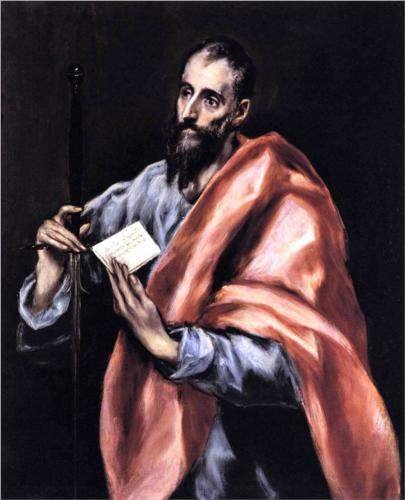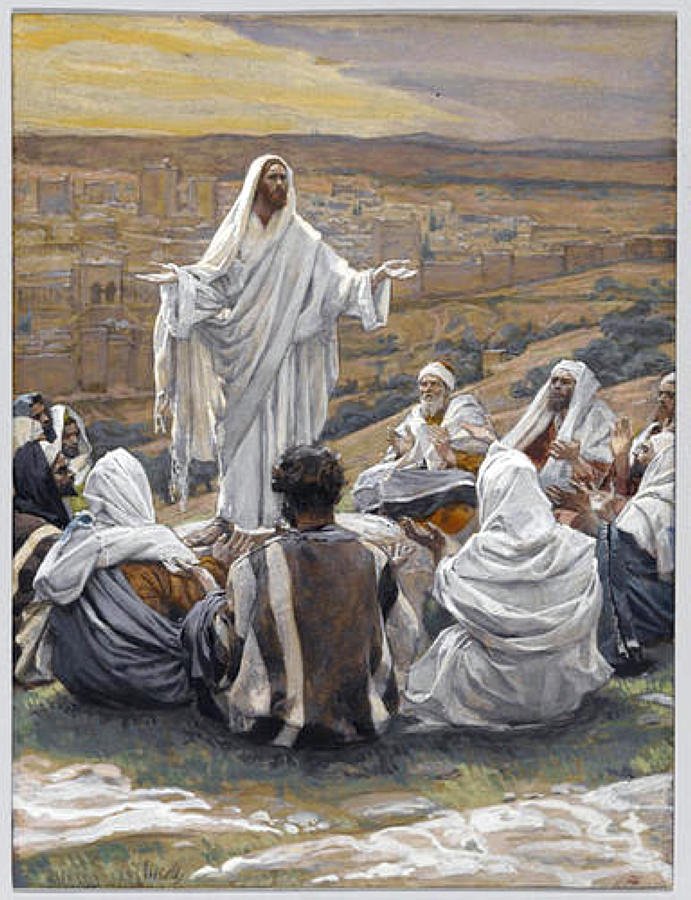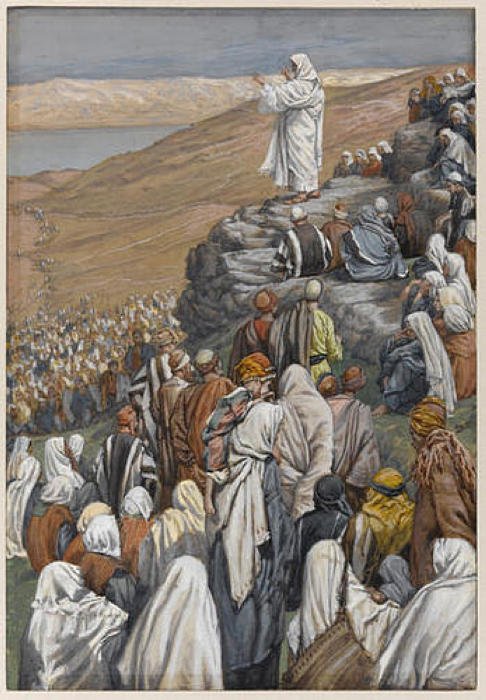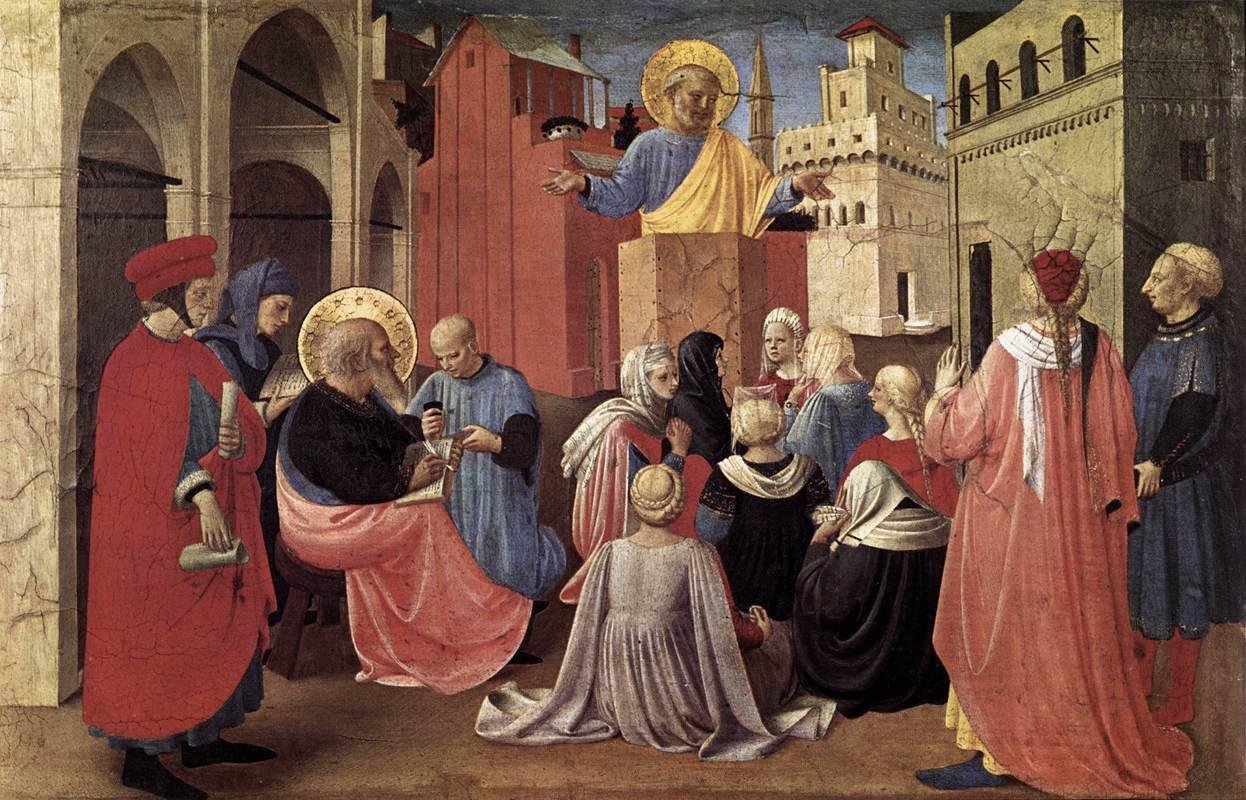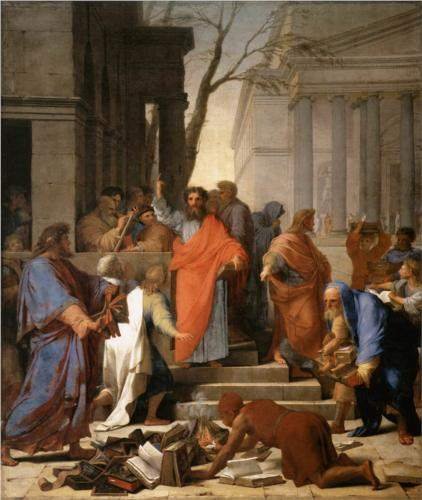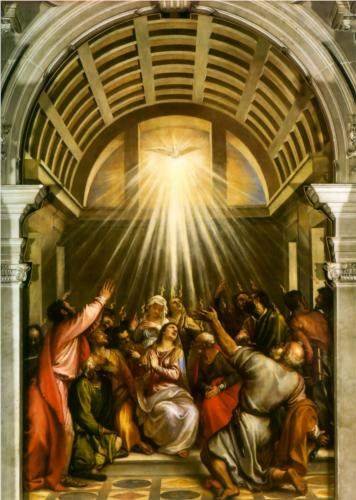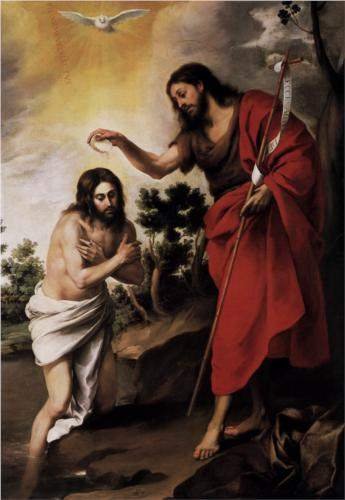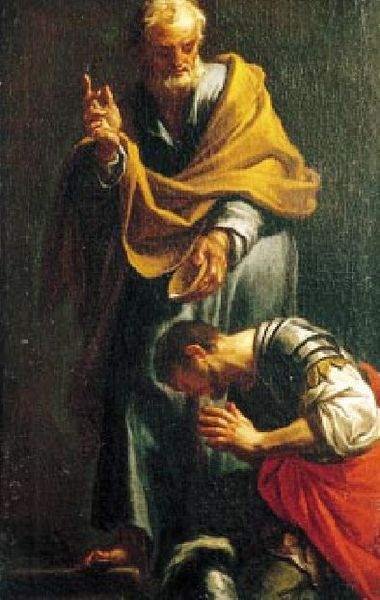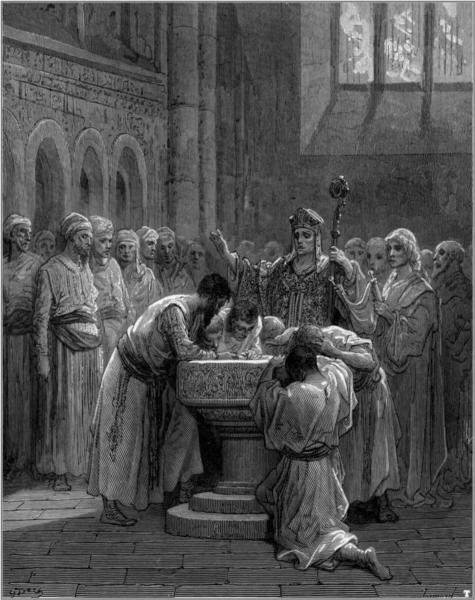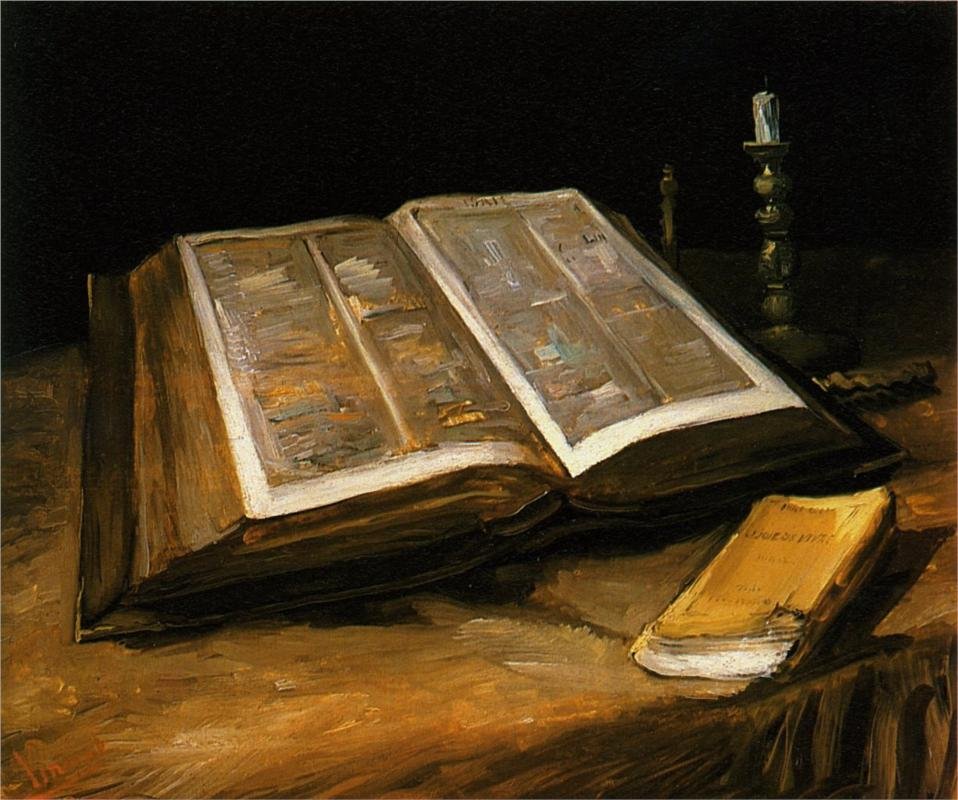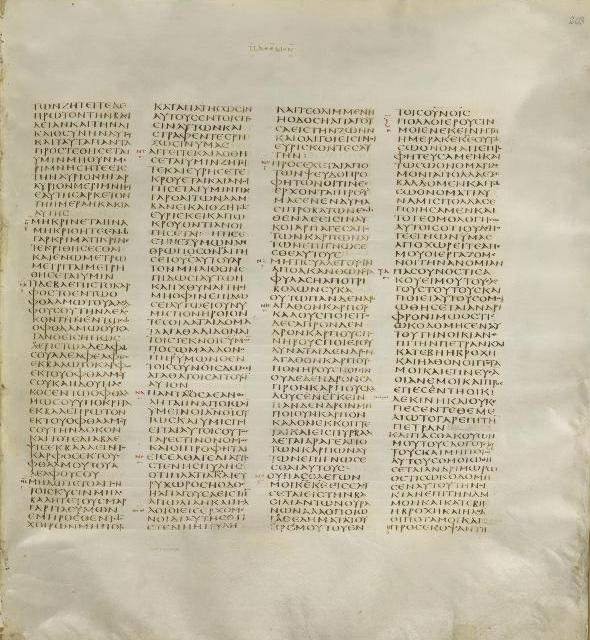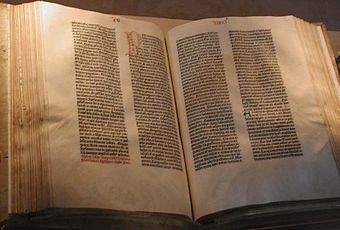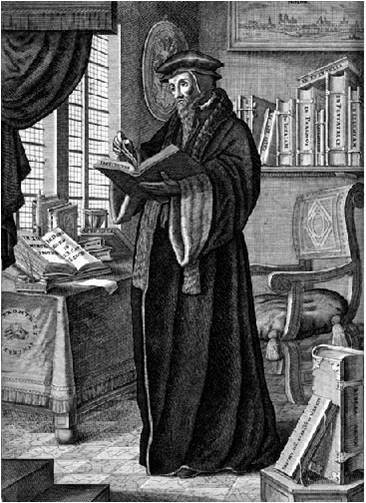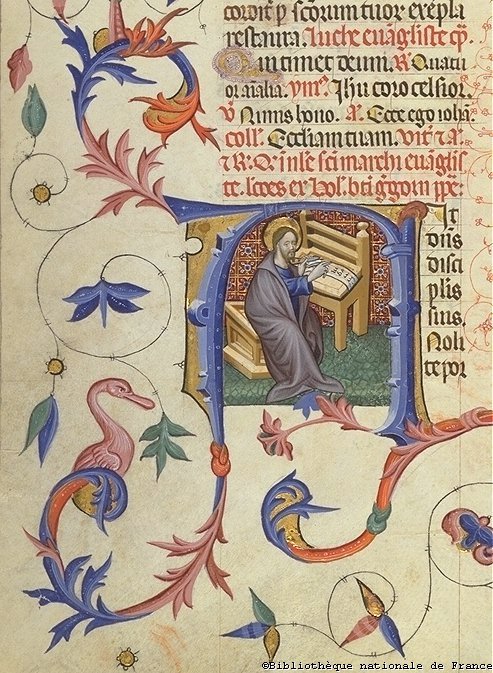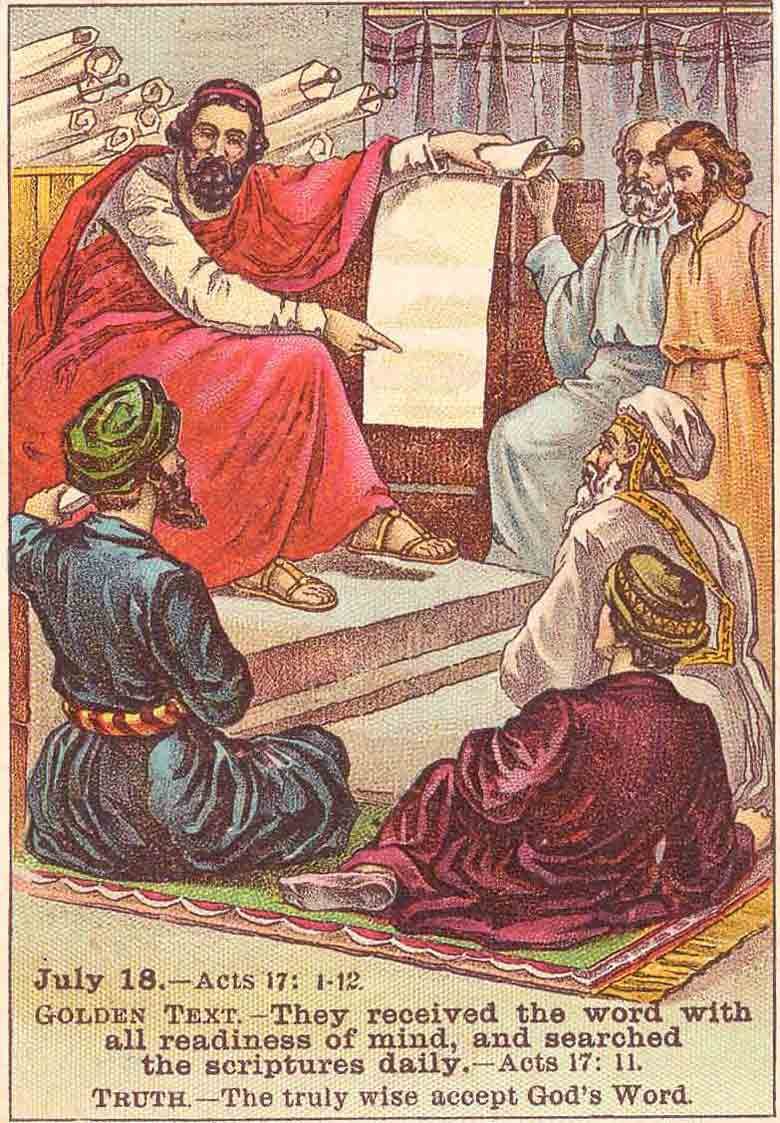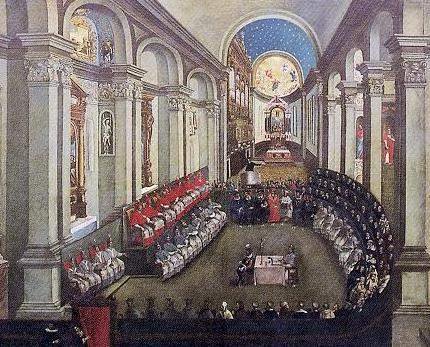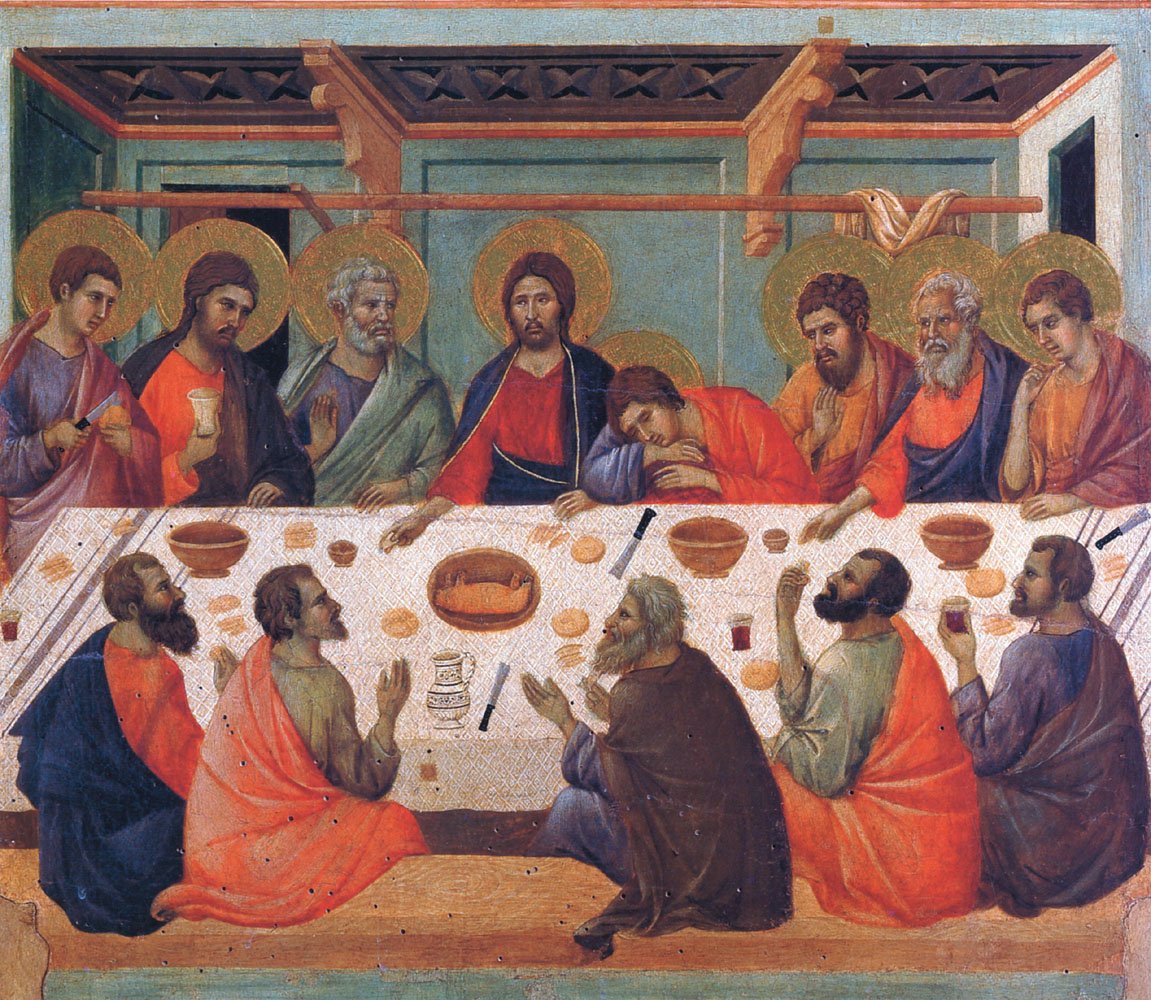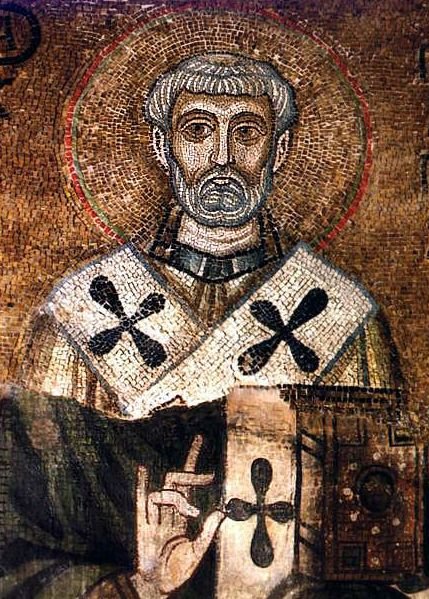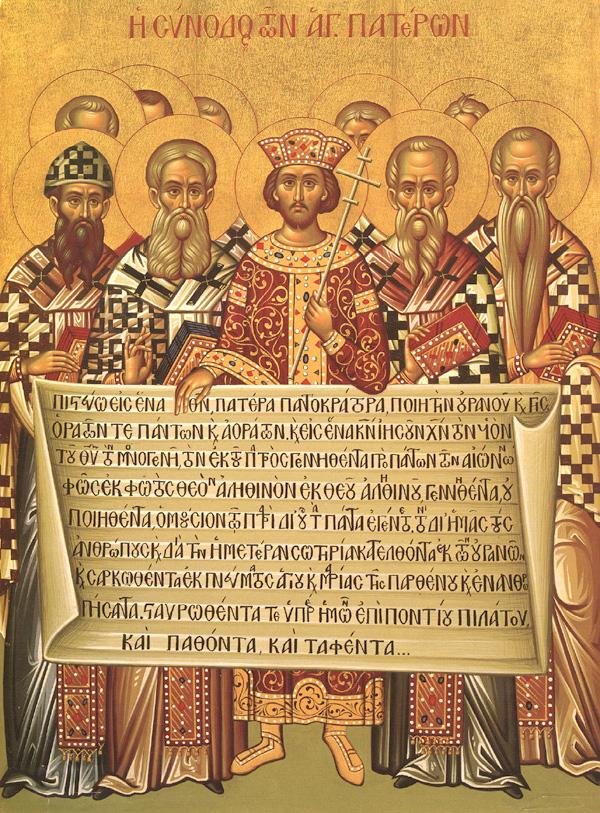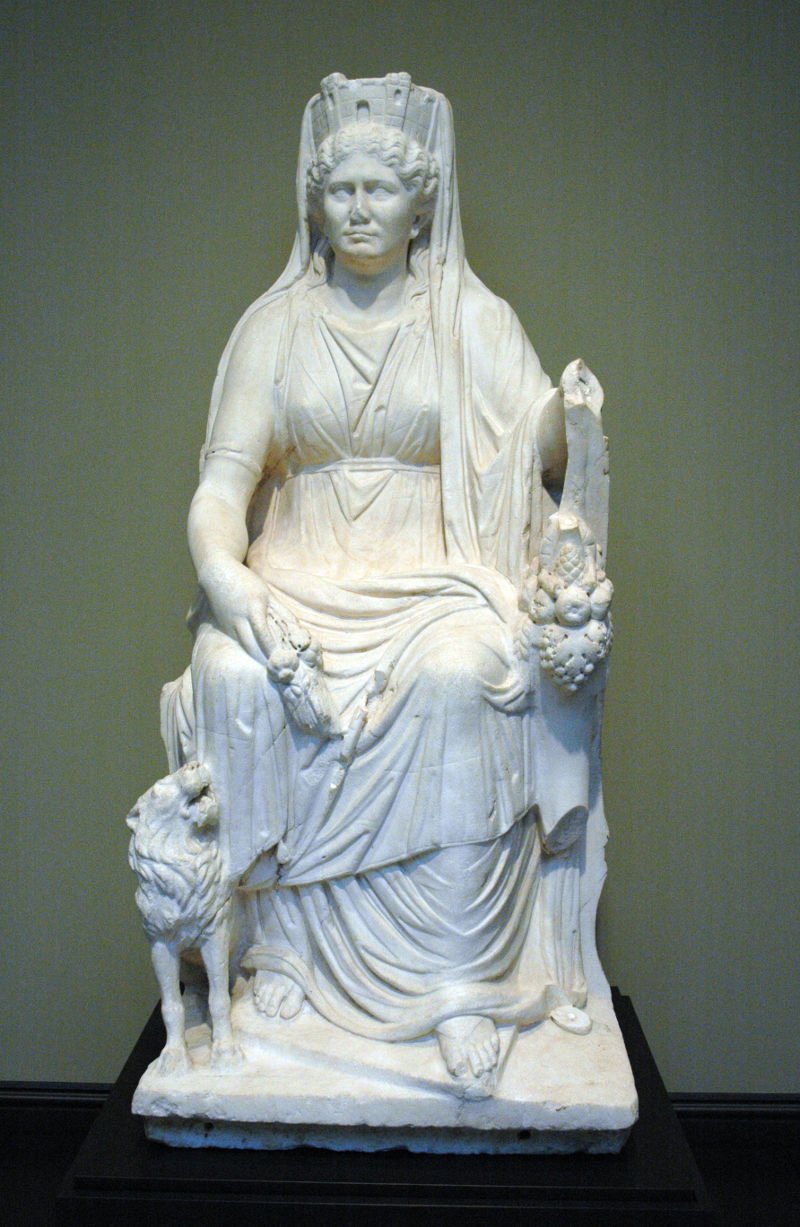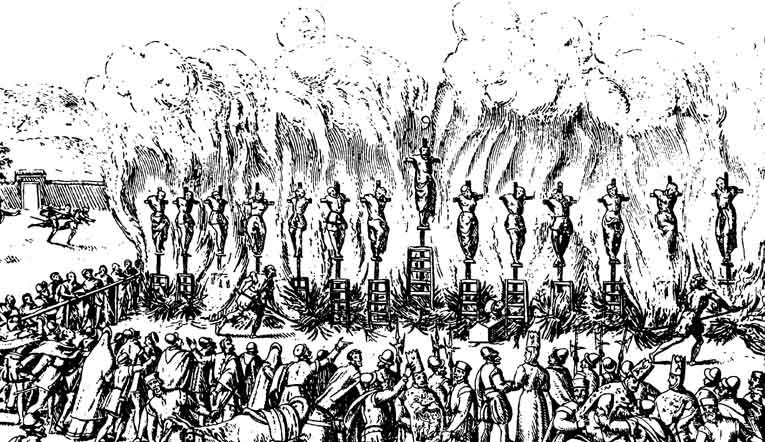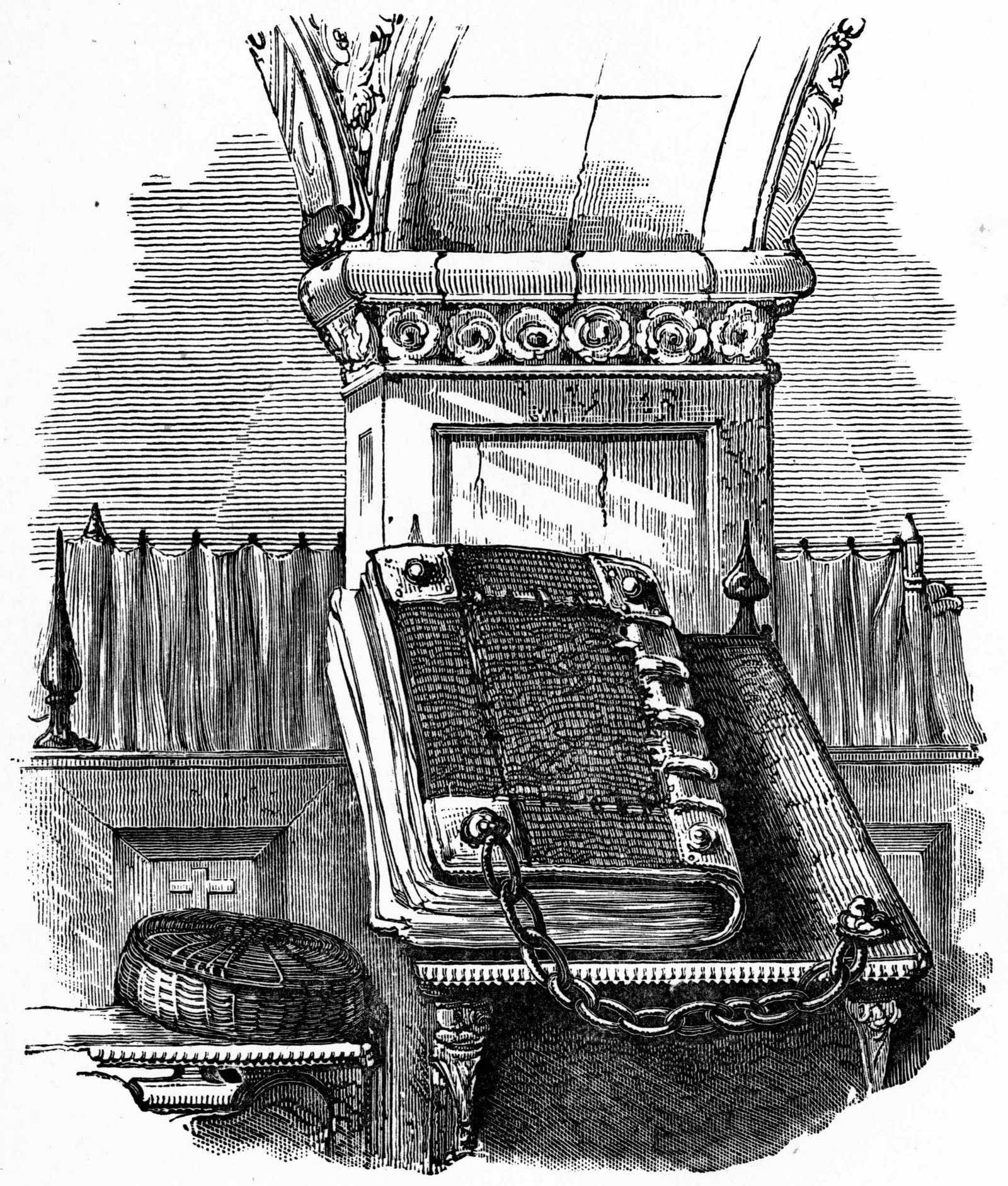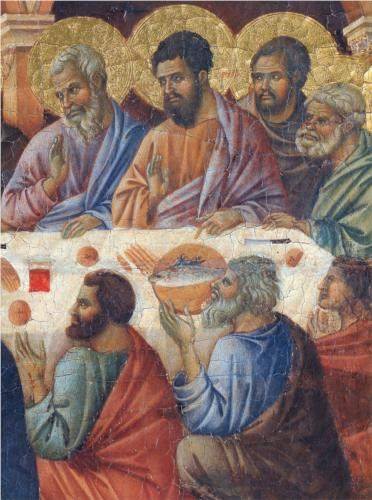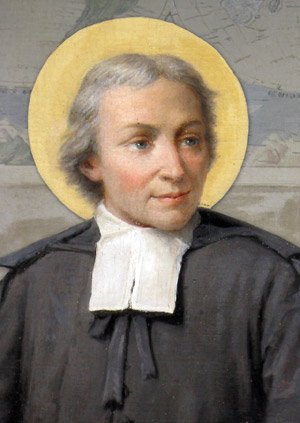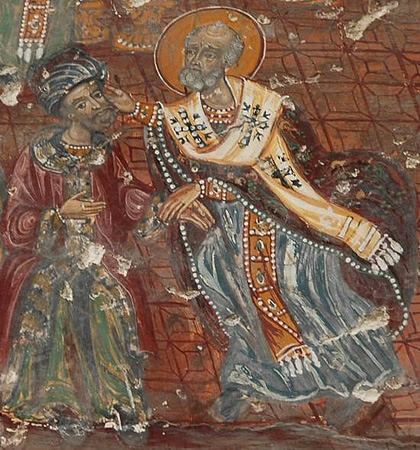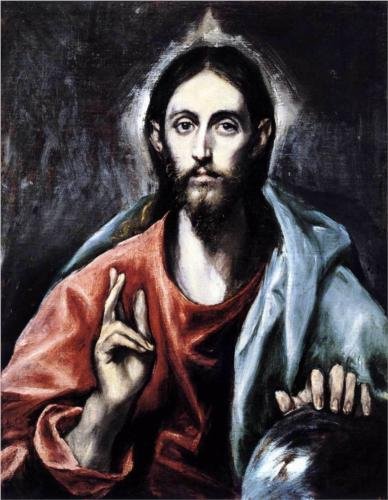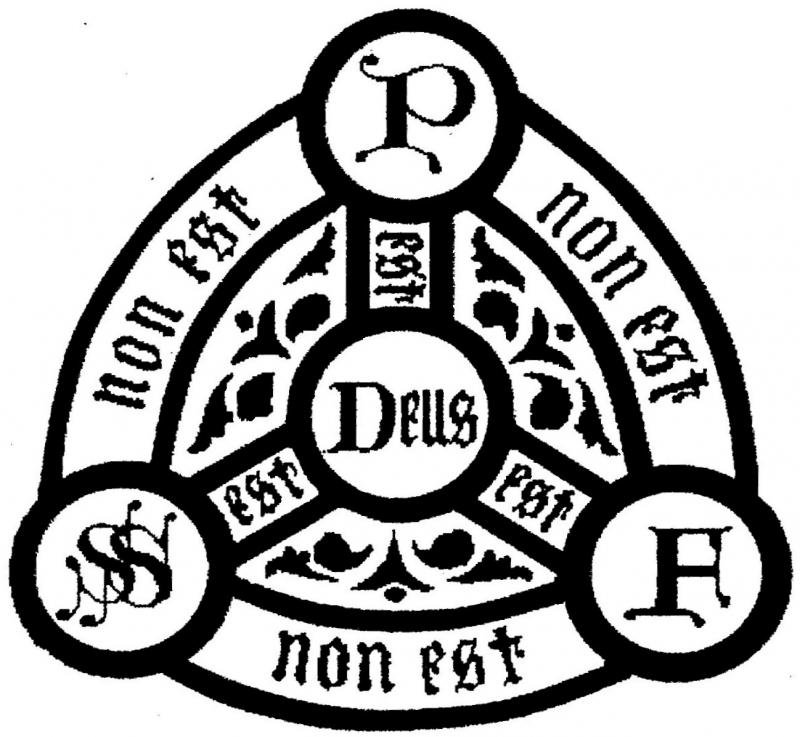Part of an ongoing discussion at Reformation500.
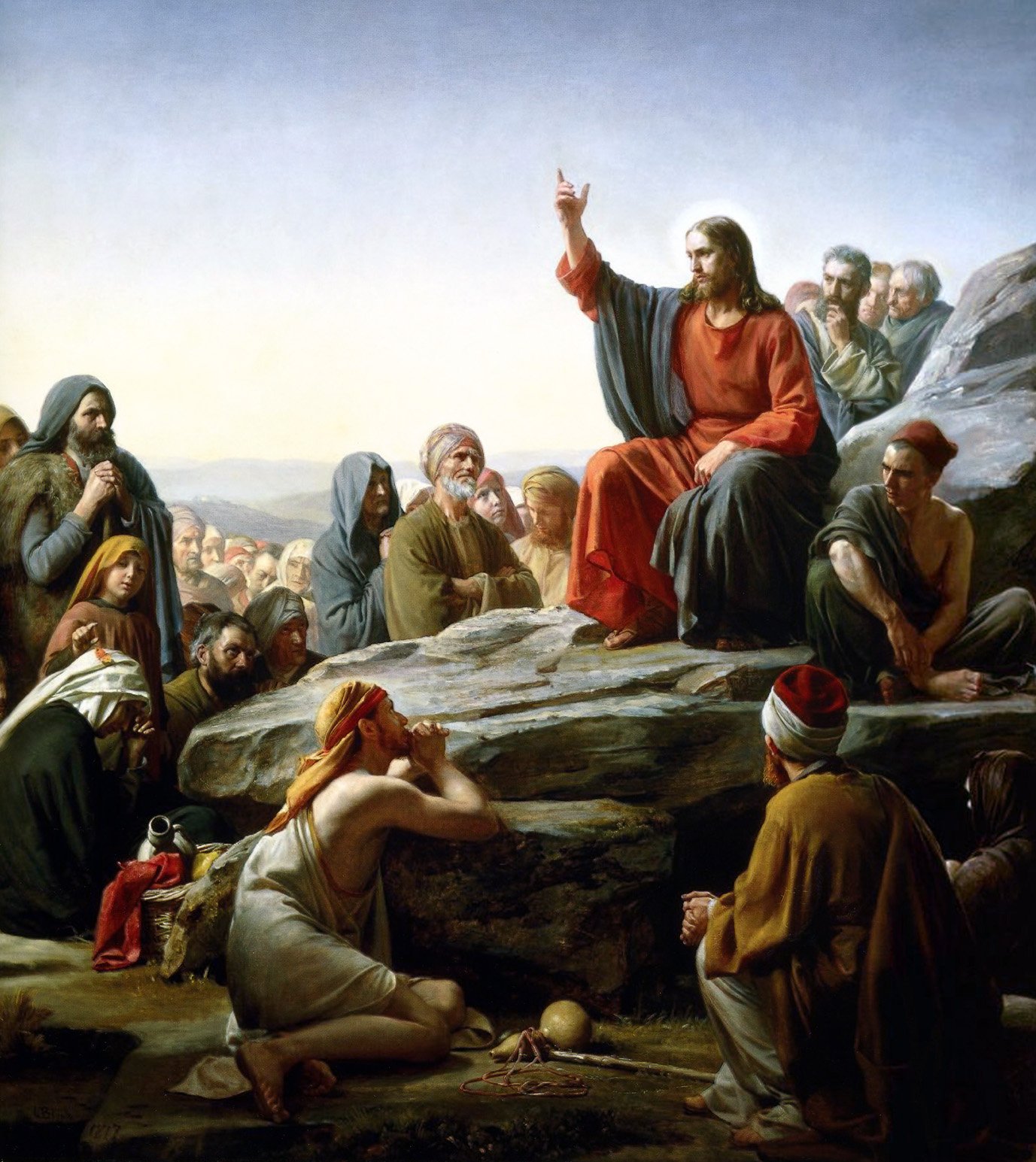
The Sermon on the Mount (1877), by Carl Heinrich Bloch (Wikimedia).
As I’ve been arguing, I think Protestants, in thinking about “Tradition,” fail to see the forest for the trees. You (and I presume these historians) are looking for “traditions,” “hidden doctrines,” something concretely novel or different from the Word of God in Scripture — but given that, according to the proposition, this “Tradition” came from the very same source and same revelation as Scripture, that isn’t something we should expect to see. You are looking for some separate, concrete body of knowledge which the Early Church hailed as authoritative — some esoteric, “secret” store of privileged revelation — which frankly reeks of Gnosticism. But that isn’t the sort of thing I am talking about at all.
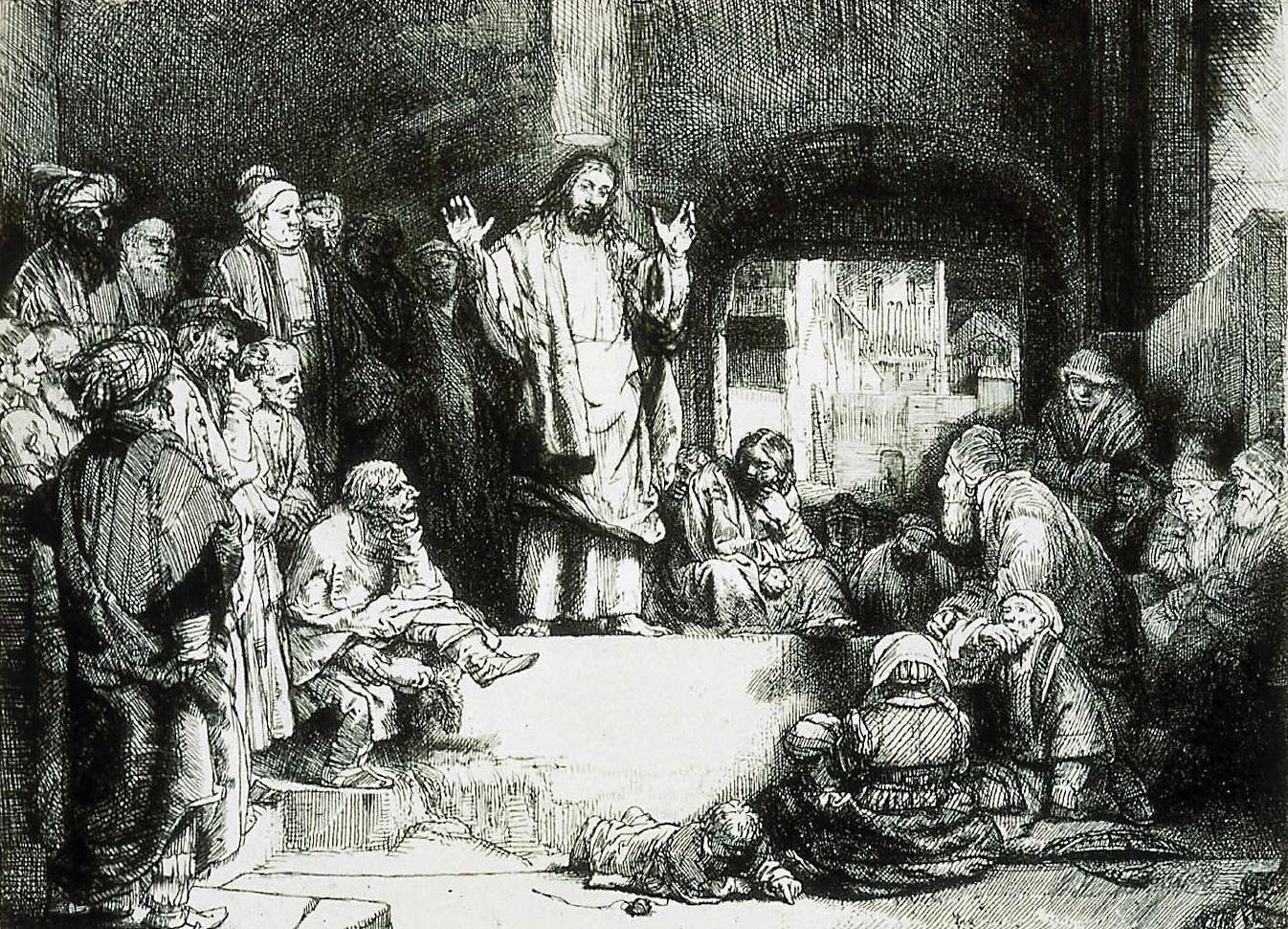
Christ Preaching (1652), by Rembrandt.
What I’m talking about is simply the whole teaching of Christ to His Apostles, and of the Apostles to their disciples, and henceforth. In the main, this would have been no different than the content of the New Testament; and yes, we can have faith that God caused the most important points to be written down. But no document of the New Testament purports to be a catechism or compendium of Christian doctrine. In the teaching of the faith, from Jesus to the Apostles, from the Apostles to their disciples, and with each successive generation, even to today, Christian teachers do not simply hand the Bible to new converts and expect them to learn from it alone; Christian discipleship is accompanied by instruction in how to understand Christian Scripture and doctrine and how to live the Christian life; how to do the things Christians do. By nature of what it is, this teaching carries content not found in Scripture. And the Apostles would have passed on as fully as they could the teaching they received from the Lord (1 Corinthians 11:23), and instructed their own disciples to do likewise (1 Corinthians 11:2, 2 Thessalonians 2:15, 2 Timothy 2:2). Thus, this body of “Tradition” (παράδοσις [paradosis], lit. teaching that was handed over) was immediately apostolic in origin, if not from the very mouth of God Himself.
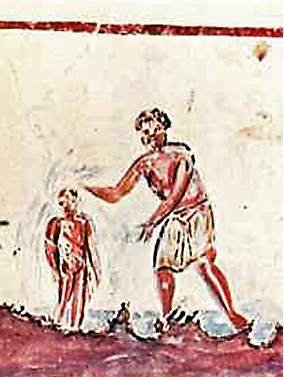
A third-century representation of Baptism from the Catacomb of St. Callixtus, Rome.
I’ve been pointing out a few visible examples of this. Arguably, the Real Presence of Christ in the Eucharist and the sacramental efficacy of baptism — i.e. baptismal regeneration; the understanding that the water of baptism washes away sins and gives rebirth in Christ — are clear enough from Scripture itself; but the fact that many Protestants have disputed these doctrines demonstrates either Scripture’s lack of perspicuity or the necessity of Apostolic Tradition: because from the earliest times, as witnessed by diverse Church Fathers, these understandings were universal and unambiguous throughout all the Church, evidently from the teaching that all the churches had received. Likewise, from the earliest times, universally, even in most Protestant traditions, the Church has transferred the Old Testament Sabbath observance to Sunday, the Lord’s Day, in honor of His Resurrection; and the annual commemoration of the Resurrection has been kept in conjunction with the Passover — but neither is taught by Scripture. The outlines of the liturgical celebrations of baptism and the Eucharist in all churches everywhere appear to stem from the same apostolic tradition. Likewise the testimony to a successive, singular episcopal office is universal. These things complement and guide the practice of the Church, and inform and fill out her doctrine, confirming and supporting the Word of God in Scripture, not contradicting it.
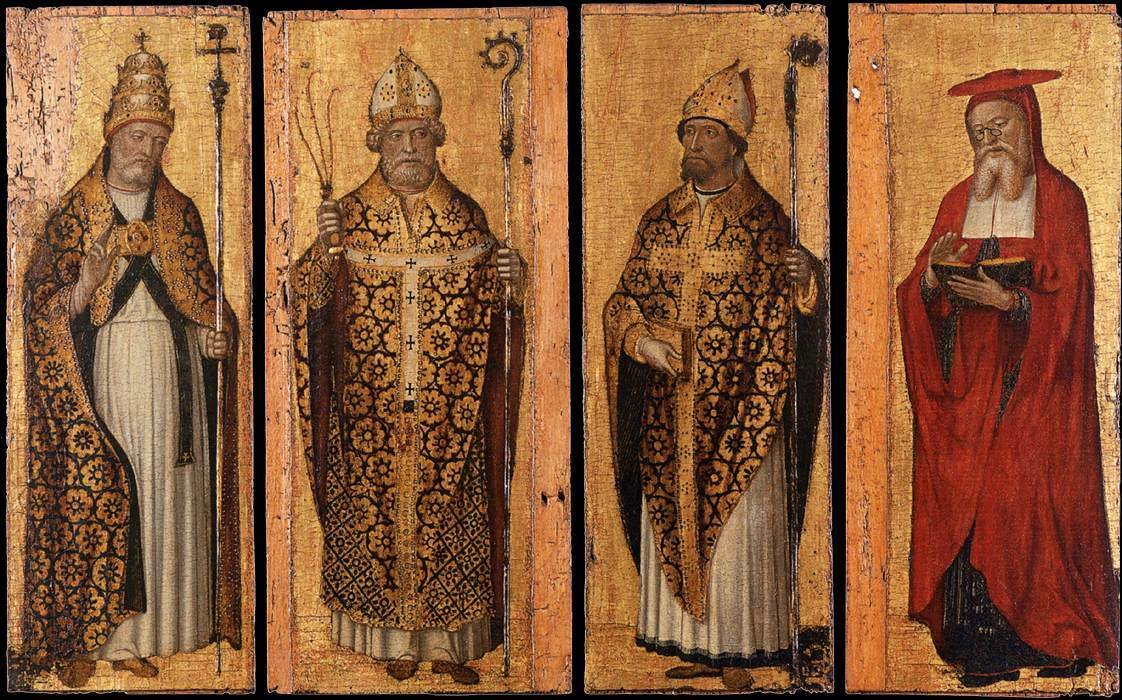
The Four Doctors of the Western Church: Pope St. Gregory the Great, St. Ambrose, St. Augustine, and St. Jerome.
I could cite numerous testimonies to this παράδοσις of the Apostles from the Church Fathers, but I will pick out only a few of the earliest. I hope these examples will indicate the kind of doctrines and practices which the Church has always held by Tradition. Some of the earliest unambiguous references, appropriately enough, appear in the context of combatting the teachings of heretics, who twist the Scriptures to their own interpretations, arguing that they had received an esoteric tradition of secret knowledge (γνῶσις) — a charge not unlike Protestant caricatures against Catholic teachings about Apostolic Tradition. These people, Irenaeus argues, reject Scripture:
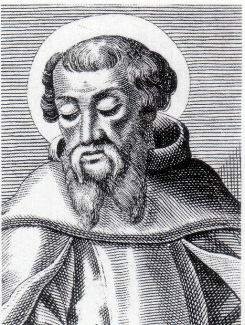
Irenaeus of Lyon (ca. A.D. 120–200).
When, however, [the heretics] are confuted from the Scriptures, they turn round and accuse these same Scriptures, as if they were not correct, nor of authority, and [assert] that they are ambiguous, and that the truth cannot be extracted from them by those who are ignorant of tradition. For [they allege] that the truth was not delivered by means of written documents, but viva voce: wherefore also Paul declared, “But we speak wisdom among those that are perfect, but not the wisdom of this world” (1 Corinthians 2:6). And this wisdom each one of them alleges to be the fiction of his own inventing … (Against Heresies III.2.1)
On the other hand, Irenaeus says, the same heretics also reject apostolic tradition:
But, again, when we refer them to that tradition which originates from the Apostles, [and] which is preserved by means of the succession of presbyters in the Churches, they object to tradition, saying that they themselves are wiser not merely than the presbyters, but even than the Apostles, because they have discovered the unadulterated truth. … (Against Heresies III.2.2).
The key for Irenaeus, therefore — the only sure means by which the heretics can be refuted — is not by Scripture alone, but by Scripture informed by Tradition, verified by Apostolic Succession:
It is within the power of all, therefore, in every Church, who may wish to see the truth, to contemplate clearly the tradition of the Apostles manifested throughout the whole world; and we are in a position to reckon up those who were by the Apostles instituted bishops in the Churches, and [to demonstrate] the succession of these men to our own times; those who neither taught nor knew of anything like what these [heretics] rave about. (Against Heresies III.3.1).
This tradition is demonstrated clearly, he continues, by the continuous testimony of all the churches of the world in agreement with one another (Against Heretics III.3.2). And as a personal testimony of this tradition, Irenaeus shares:
But Polycarp also was not only instructed by Apostles, and conversed with many who had seen Christ, but was also, by Apostles in Asia, appointed bishop of the Church in Smyrna, whom I also saw in my early youth, for he tarried [on earth] a very long time, and, when a very old man, gloriously and most nobly suffering martyrdom, departing this life, having always taught the things which he had learned from the Apostles, and which the Church has handed down, and which alone are true. To these things all the Asiatic Churches testify, as do also those men who have succeeded Polycarp down to the present time,—a man who was of much greater weight, and a more stedfast witness of truth, than Valentinus, and Marcion, and the rest of the heretics (Against Heretics III.3.4).

Tertullian of Carthage (c. 160 – c. 225).
Tertullian actually speaks to the impotence of Scripture alone in refuting heresies:
But with respect to the man for whose sake you enter on the discussion of the Scriptures, with the view of strengthening him when afflicted with doubts, (let me ask) will it be to the truth, or rather to heretical opinions that he will lean? Influenced by the very fact that he sees you have made no progress, whilst the other side is on an equal footing (with yourself) in denying and in defence, or at any rate on a like standing he will go away confirmed in his uncertainty by the discussion, not knowing which side to adjudge heretical. For, no doubt, they too are able to retort these things on us. It is indeed a necessary consequence that they should go so far as to say that adulterations of the Scriptures, and false expositions thereof, are rather introduced by ourselves, inasmuch as they, no less than we maintain that truth is on their side. (The Prescription against Heretics I.18)
Rather, one should ask, “With whom lies the very faith to which the Scriptures belong?” And how is this rule of faith known?
Our appeal, therefore, must not be made to the Scriptures; nor must controversy be admitted on points in which victory will either be impossible, or uncertain, or not certain enough. But even if a discussion from the Scriptures should not turn out in such a way as to place both sides on a par, (yet) the natural order of things would require that this point should be first proposed, which is now the only one which we must discuss: “With whom lies that very faith to which the Scriptures belong. From what and through whom, and when, and to whom, has been handed down that rule, by which men become Christians?” For wherever it shall be manifest that the true Christian rule and faith shall be, there will likewise be the true Scriptures and expositions thereof, and all the Christian traditions. (ibid, I.19)
It is this tradition, Tertullian argues, that distinguishes the true Apostolic Churches:
[The Apostles] founded churches in every city, from which all the other churches, one after another, derived the tradition of the faith, and the seeds of doctrine, and are every day deriving them, that they may become churches. Indeed, it is on this account only that they will be able to deem themselves apostolic, as being the offspring of apostolic churches. … Therefore the churches, although they are so many and so great, comprise but the one primitive church, (founded) by the Apostles, from which they all (spring). In this way all are primitive, and all are apostolic, whilst they are all proved to be one, in (unbroken) unity, by their peaceful communion, and title of brotherhood, and bond of hospitality,—privileges which no other rule directs than the one tradition of the selfsame mystery. (ibid, I.20)
Tertullian again speaks, presciently, to the situation so often separating Catholic and Protestant churches: Why should anyone accept practices not found explicitly in Scripture?
And how long shall we draw the saw to and fro through this line, when we have an ancient practice, which by anticipation has made for us the state, i.e., of the question? If no passage of Scripture has prescribed it, assuredly custom, which without doubt flowed from tradition, has confirmed it. For how can anything come into use, if it has not first been handed down? Even in pleading tradition, written authority, you say, must be demanded. Let us inquire, therefore, whether tradition, unless it be written, should not be admitted. Certainly we shall say that it ought not to be admitted, if no cases of other practices which, without any written instrument, we maintain on the ground of tradition alone, and the countenance thereafter of custom, affords us any precedent. To deal with this matter briefly, I shall begin with baptism. (De Corona 3)
I gave the same example above before I’d even discovered this passage. He elucidates:
When we are going to enter the water, but a little before, in the presence of the congregation and under the hand of the president, we solemnly profess that we disown the devil, and his pomp, and his angels. Hereupon we are thrice immersed, making a somewhat ampler pledge than the Lord has appointed in the Gospel. Then … we are taken up (as new-born children)… (ibid.)
This description very much resembles the rite of baptism in Catholic, Orthodox, and even Protestant churches, to this very day — thus is the authority and staying power of Tradition. And yet the details of this rite are not described in Scripture. Tertullian goes on to enumerate a number of other traditions, several of which are still very familiar in the Catholic Church, including the Sign of the Cross. Regarding these practices, Tertullian continues:
If, for these and other such rules, you insist upon having positive Scripture injunction, you will find none. Tradition will be held forth to you as the originator of them, custom as their strengthener, and faith as their observer. That reason will support tradition, and custom, and faith, you will either yourself perceive, or learn from some one who has. … If I nowhere find a law, it follows that tradition has given the [practice] in question to custom, to find subsequently (its authorization in) the apostle’s sanction, from the true interpretation of reason. (Ibid. 4)
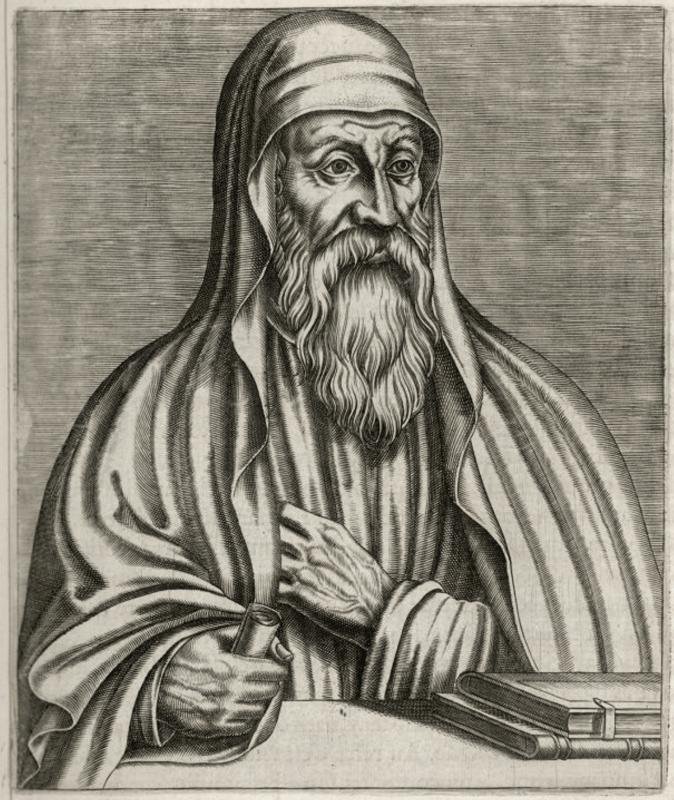
Origen (184–254).
Origen, to add the voice of Alexandria to those of Gaul and Asia Minor (Irenaeus) and Africa and Rome (Tertullian), concurs:
Since many, however, of those who profess to believe in Christ differ from each other, not only in small and trifling matters, but also on subjects of the highest importance, as, e.g., regarding God, or the Lord Jesus Christ, or the Holy Spirit, … it seems on that account necessary first of all to fix a definite limit and to lay down an unmistakable rule regarding each one of these, and then to pass to the investigation of other points. … So, seeing there are many who think they hold the opinions of Christ, and yet some of these think differently from their predecessors, yet as the teaching of the Church, transmitted in orderly succession from the apostles, and remaining in the Churches to the present day, is still preserved, that alone is to be accepted as truth which differs in no respect from ecclesiastical and apostolical tradition. (De Principiis, Preface, 2).
A few more brief quotes from later Fathers, in both the East and the West:
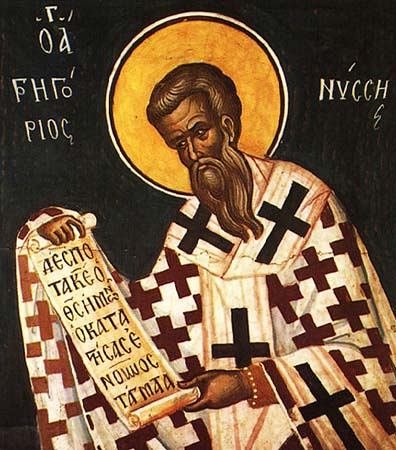
Gregory of Nyssa (c. 330 – c. 395).
Let no one interrupt me, by saying that what we confess should also be confirmed by constructive reasoning: for it is enough for proof of our statement, that the tradition has come down to us from our fathers, handled on, like some inheritance, by succession from the apostles and the saints who came after them. (Gregory of Nyssa, Against Eunomius IV.6)
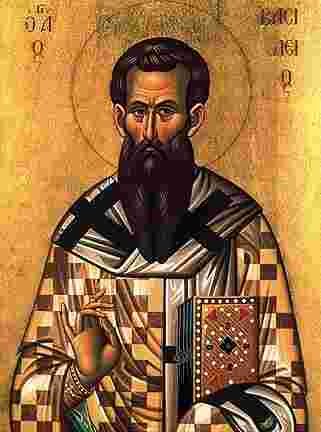
Basil of Caesarea (329–379).
Of the beliefs and practices whether generally accepted or publicly enjoined which are preserved in the Church some we possess derived from written teaching; others we have received delivered to us “in a mystery” by the tradition of the Apostles; and both of these in relation to true religion have the same force. And these no one will gainsay;—no one, at all events, who is even moderately versed in the institutions of the Church. For were we to attempt to reject such customs as have no written authority, on the ground that the importance they possess is small, we should unintentionally injure the Gospel in its very vitals; or, rather, should make our public definition a mere phrase and nothing more. For instance, to take the first and most general example, who is thence who has taught us in writing to sign with the sign of the cross those who have trusted in the name of our Lord Jesus Christ? (Basil of Caesarea, On the Spirit 66)
Basil proceeds to name, like Tertullian, a great list of authoritative traditions held by the whole Church.

John Chrysostom (c. 347–407).
Hence it is manifest, that [the Apostles] did not deliver all things by Epistle, but many things also unwritten, and in like manner both the one and the other are worthy of credit. Therefore let us think the tradition of the Church also worthy of credit. It is a tradition, seek no farther. (John Chrysostom, In 2 Thess. hom. IV.14, commenting on 2 Thess. 2:15)
[The Scriptures] need examination, and the perception to understand the force of each proposition. But Tradition must be used too, for not everything is available from the Sacred Scripture. thus the holy Apostles handed some things down in Scriptures but some in traditions. (Epiphanius of Salamis, Panarion LXI.6.4)
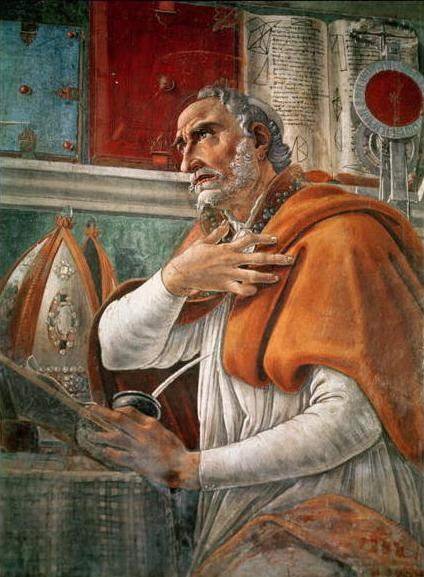
Augustine of Hippo (354–430).
[I believe that this custom (i.e. of not requiring the rebaptism of heretics)] comes from apostolical tradition, like many other things which are held to have been handed down under their actual sanction, because they are preserved throughout the whole Church, though they are not found either in their letters, or in the Councils of their successors. (Augustine of Hippo, Contra Bapt. Donat. II.7.12)
So I’ve shown that the Church did possess an Apostolic Tradition, “passed down and preserved by all the churches” — and it is their agreement that makes it manifest. But of what authority was this tradition? Was it “infallible”? As John [Bugay] rightly pointed out — “infallibility” is not a concept or category that anybody in this age of the Church would have understood or thought about, and I’m not sure it’s helpful for this conversation. Certainty Christians considered Scripture of the highest authority — there’s no disputing that. But if a doctrine came from the very same source as Scripture, from the mouths of Jesus and the Apostles, would they have accepted it with any less authority, simply because one was written down and the other wasn’t? No less than Paul himself suggests that this distinction wasn’t so important as Protestants have sought to make it (2 Thessalonians 2:15). Why, within living memory of Paul, would anyone have drawn a distinction between what Paul taught by word of mouth or by letter? It is plain that the Early Church did not. Certainly Tradition is not Scripture, which is the very, written Word of God; but with legitimate evidence of its apostolic origin and belief throughout the ages, in all the churches, we can see by the testimony of these Fathers that the Church accepted it as authoritative. Several of them even declare that Tradition is held as of equal weight as Scripture. The fact that with regard to so many of these traditions, the Church everywhere has maintained them to this day, testifies to the authority in which they have been held.



